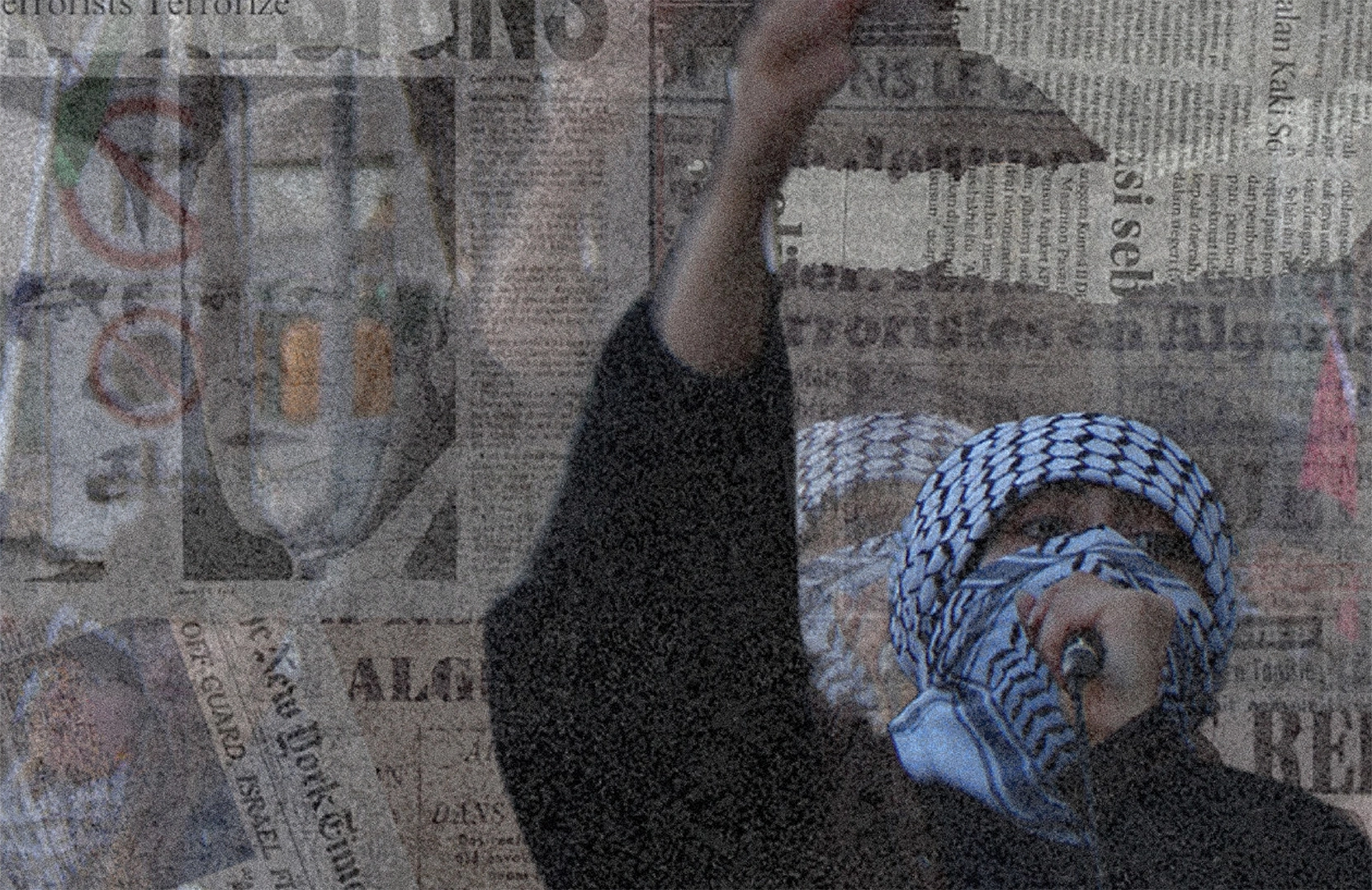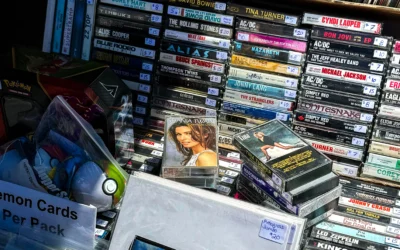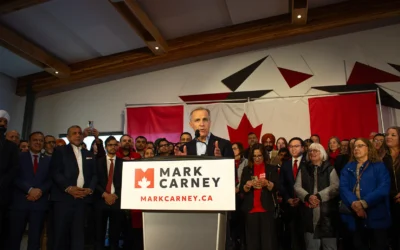Speak truth to power. How often has this statement been regurgitated? How often has it been used to describe a journalist’s contribution to society? How often have we — journalists or not — taken the time to understand what it means?
In an era of “fake news” and the death of the free press, the world of journalism is faced with many choices, all of which boil down to: adapt or become lost to history. In an effort to keep journalism’s metaphorical head above water, impartiality has become monumental to the reporting process. Any hint of bias crumbles a reporter’s credibility to dust. Yet this has quickly become an ultimatum of sorts for journalists, discouraging them from taking any real stance on any issues unless we want to threaten our jobs.
More recently, journalists have been in precarious positions while reporting on Palestine. And I don’t even mean since Oct. 7. Associated Press reporter, Emily Wilder, was fired from her position in 2021 because of pro-Palestinian posts on her Twitter. I should mention they were posted when she was in college. In Oct. 2023, right here in Canada, a CTV journalist was also fired. Yara Jamal, Palestinian-Canadian, was an activist who was engaged in protest organizing. In an interview, she was asked if Jewish people “could exist in a free Palestine.” Her response was “Yes, Jews can exist, the Zionist ideology cannot.” Considering that Zionism is an ideology inherently rooted in apartheid, occupation, and oppression, her response sounds logical enough. I guess CTV disagreed.
“Our entire profession is built on holding power accountable and uplifting silenced voices.”
These outlets will hide behind the excuse that journalists must remain impartial, even if it means their personal lives are policed. So, I must raise the question (as if I haven’t asked enough): can a journalist be an activist?
Personally, I say absolutely. In fact, we should be. Our entire profession is built on holding power accountable and uplifting silenced voices. To me, journalists have always been synonymous with truth. At least they’re supposed to be. I truly do understand why the idea of eliminating bias should reinforce a journalist’s credibility, but therein lies the issue — you cannot eliminate bias. It is inherently human. And until AI takes over all of our jobs, journalists are too. Can you really say that knowing the difference between right and wrong is a bias?
Sure, a Chiefs fan reporting on the Superbowl should make sure their preference for the Chiefs doesn’t affect how they report on the Eagles. But neutrality in the face of oppression? Anti-apartheid human rights activist Desmond Tutu said, “If you are neutral in situations of injustice, you have chosen the side of the oppressor.” Neutral journalism is an effort to neutralize journalism. At the end of the day, the ones who benefit the most from that type of reporting are the oppressors of the people. Those who once held them accountable are now their parrots. In erasing the advocacy component from journalism, we allow it to be neutralized. We’ve already allowed it to become weaponized as a tool of the oppressor. I could list a multitude of differences between the coverage of occupation in the global South versus in the West.
Let’s take the coverage of Ukraine and compare it to that of Gaza. A study by The Nation notes some of the differences. Protected classes, under international law, like journalists and children, are mentioned more often in coverage of Ukraine; so are words meant to trigger a greater emotional response. They list: “Slaughter, barbaric, and savage” as examples.
The study reports: “On CNN and MSNBC, the words “war crime” or “genocide” were mentioned over 17 times more in the context of Ukraine than they were in the context of Gaza.”
See what I said about bias being present regardless? Look at the demographic that it benefits. While Ukrainians are also victims of unwarranted attacks, there is a notable difference between them and Palestinians (i.e. their melanin) and subsequently, there is a difference in their coverage.
“Journalism, at its core, is about truth-telling, holding power to account, and giving voice to the voiceless,”
Alvin Ntibinyane, assistant professor of journalism and communications at MacEwan
The argument that activists or activism does not belong within the realm of journalism only allows for this kind of inadequate reporting that lacks any sense of true justice. Don’t want to take my word for it? Fine.
Assistant professor of journalism and communications Alvin Ntibinyane provides his views on the discourse based on his years in the field, particularly in investigative journalism. “Journalism, at its core, is about truth-telling, holding power to account, and giving voice to the voiceless,” he says. “In that sense, it can be argued that all journalism carries a degree of activism, especially when it challenges the status quo or amplifies marginalized perspectives.” In 2016 Ntibinyane was a part of a team of 300 journalists who worked with the International Consortium of Investigative Journalists to publish the Panama papers, which was awarded a Pulitzer prize for explanatory reporting the following year.
He mentions times in which journalism was the spark to change; The Watergate scandal, the Panama Papers, and the South African apartheid, to name a few. “Their reporting didn’t just inform the public; it actively disrupted systems of power and contributed to accountability,” he says.
“Ultimately, my experiences have shown me that journalism is not just about recording events, it is about making sense of them, interrogating power, and, in some cases, pushing for a better society. Whether that makes a journalist an activist is up for debate, but what is clear is that journalism, when done well, is never passive. It has the power to shape narratives, influence policy, and change lives.”
When I think of why the Western world’s view of journalism seems to clash so forcefully with mine, it comes down to this: many of us outside of the Western bubble do not have the luxury of objectivity. Colonialism has forced injustice to be deeply rooted to our identities, therefore so is the resistance to that injustice. Throughout history, in places like South Africa, Palestine, Syria, Bangladesh, and Algeria, journalists have always been at the forefront of revolution. Their contributions and determination to telling the truth are what allowed for liberation movements to grow. They are the spark that lights the flame.
I’ll take this moment to commend the journalists in Gaza, whose tireless efforts and resilience have awoken the world. They, who had the courage to share the truth, knowing that in doing so they were painting a target on their press vests. That is journalism. That is speaking truth to power.
Graphic by Nour Salhi





0 Comments